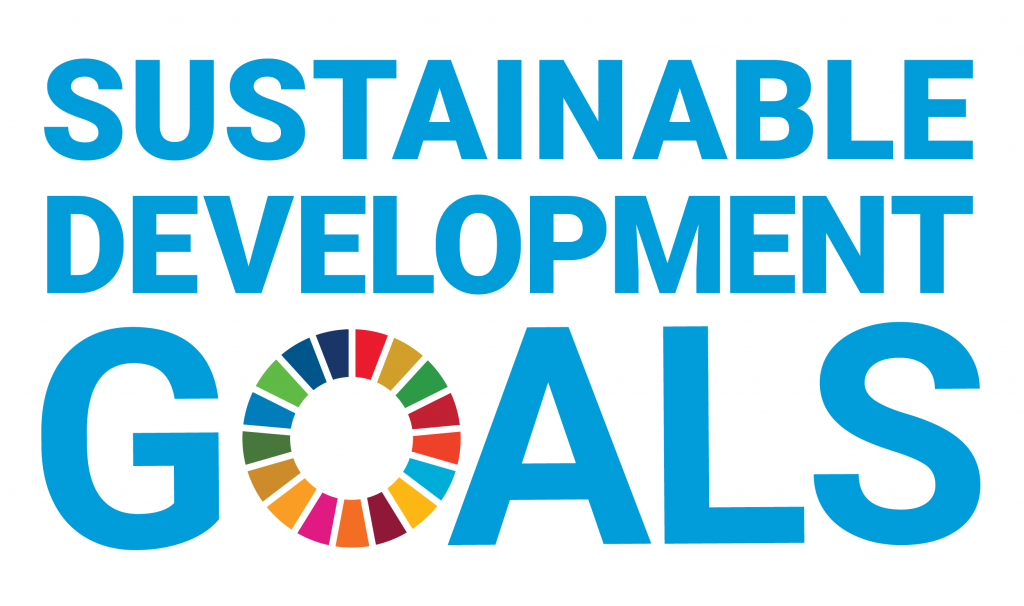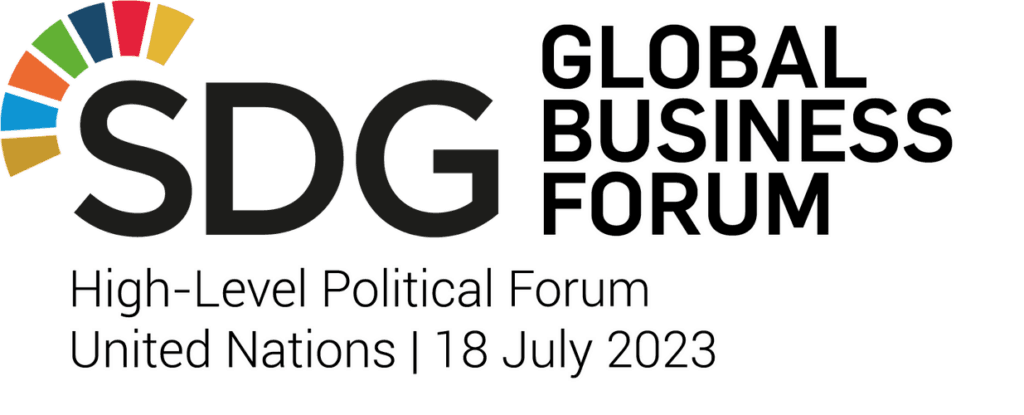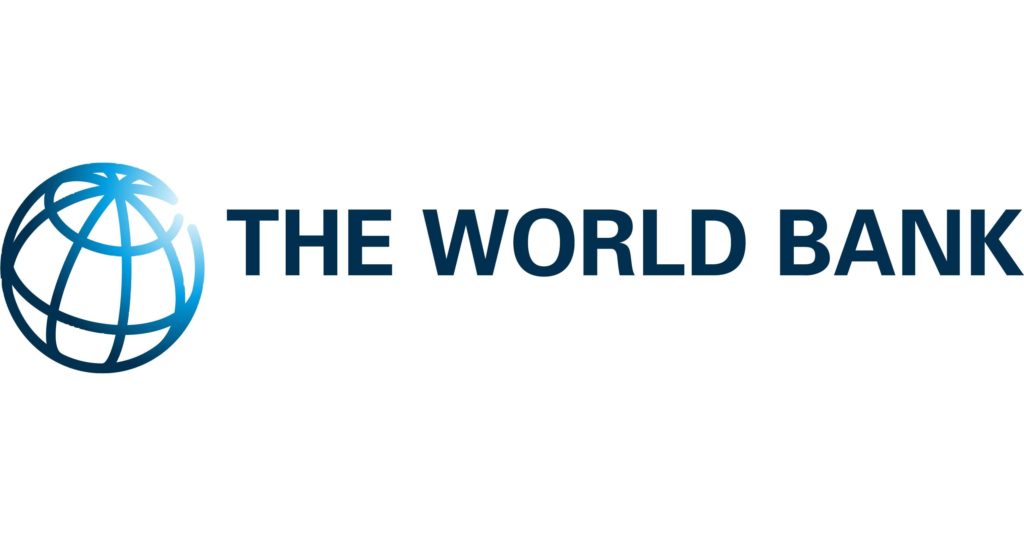Archives
-
-
Session 3: Resilience in a time of crisis: Transforming Energy access, Climate Action Learning and strengthening indigenous knowledge to achieve the SDGs
Virtual EventResilience in a time of crisis: Transforming Energy access, Climate Action Learning and strengthening indigenous knowledge to achieve the SDGs
-
TED Countdown Summit 2023
Fillmore Detroit 2115 Woodward Ave, Detroit, MI, United StatesTURNING VISION INTO REALITY When the Paris Agreement was signed in 2015, the world was on track for a catastrophic 4-5°C of warming. Thanks to spectacular progress made since then, the expected warming has been cut in half. But we remain in crisis, and have huge work to do to protect our planet and its...
-
Explore EU Banking Regs & ECB Expectations
Virtual EventJoin for an engaging discussion on EU Banking Regs and ECB expectations on Climate Risk with leading industry practitioners who will be sharing first-hand insights on the state of play. Our discussion will cover: A regulation overview; what are they, their impact and future evolutions. And interpreting ECB guidance. Key market insights and the challenges...
-
ESG Topics in Focus: Biodiversity and Water
Virtual EventBeyond climate, and of course strongly related to it, is the topic of biodiversity and natural capital, brought to the attention of the public at the COP15 in Montreal at the end of 2022. Join this webinar to learn how you can start to build out your analysis in this important area by leveraging the...
-
U.S. C3E Women in Clean Energy webinar series: Hydrogen: A rising pillar for our clean energy future
Virtual EventHydrogen has been recognized as a key pillar of decarbonizing the global energy system, with application across numerous sectors including transportation, heavy industry and energy storage. Indeed, it is anticipated that the use of clean hydrogen will avoid up to 60 Gt of CO2 emissions over the next 30 years (IEA). Developing the policy, technology...
-
Harvard Climate Forum 2023
Harvard John A. Paulson School of Engineering and Applied Sciences Science and Engineering Complex 150 Western Avenue, Allston, MA, United StatesSponsored by The Salata Institute for Climate and Sustainability at Harvard and the Harvard Professional and Lifelong Learning Committee, the Harvard Climate Forum will bring together faculty and participants across all disciplines – business, policy, health, education, law and beyond – in a one-day, on-campus event. Led by a multi-disciplinary team of faculty, you’ll work...
-
Fourth Global Conference on Strengthening Synergies between the Paris Agreement and the 2030 Agenda for Sustainable Development
United Nations New York Headquarters 405 E 42nd St, New York, NY, United StatesBackground The 2030 Agenda for Sustainable Development and the Paris Agreement are intrinsically linked, and one cannot be achieved without the other. In the same spirit, the Secretary-General in a recent address on his 2023 priorities stressed that “Climate action is the 21st century’s greatest opportunity to drive forward all the Sustainable Development Goals.” As...
-
2023 Higher Education Sustainability Initiative Global Forum
United Nations New York Headquarters 405 E 42nd St, New York, NY, United StatesThe Higher Education Sustainability Initiative (HESI) is an open partnership between several United Nations entities and the higher education community launched in the lead-up to the Rio+20 Conference in 2012. It is currently chaired by the United Nations Department of Economic and Social Affairs (UN DESA) and the Sulitest Association - a non-profit organization and...
-
2023 SDG Global Business Forum
Virtual EventTurbocharging the 2030 Agenda with business impact As we approach the halfway mark to the implementation of the 2030 Agenda, the world has been confronted with a complex web of interconnected crises that have put the achievement of the 2030 Agenda at serious risk. What needs to change to get back on track to achieve the 2030 Agenda? Who...
-
Sustainability Focus Series – Water Stress and Climate Variability Credit Impact Across Sectors
Virtual EventThe challenges of climate variability and water stress may have short and long term influence on credit quality absent adaptation efforts. Please join S&P Global Ratings’ credit rating analysts for a live webinar presenting our views on how water stress could affect our credit ratings across corporate and government sectors. Read the research: Agriculture Industry Is...
-
World Bank Tokyo Online Morning Seminar #172 “The Effect of Multinational Enterprises on Climate Change: Supply Chain Emissions, Green Technology Transfers, and Corporate Commitments”
Virtual EventMultinational enterprises (MNEs) provide both a fundamental risk to and an opportunity for climate change mitigation. The climate ambitions of MNEs will affect the environmental performance of countries around the world. As a leading actor, proactive MNEs can impose sustainability standards or encourage green technology transfers that, in some cases, could affect millions of producers...












